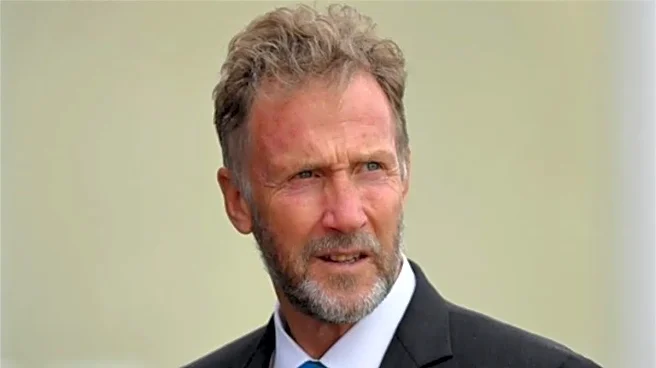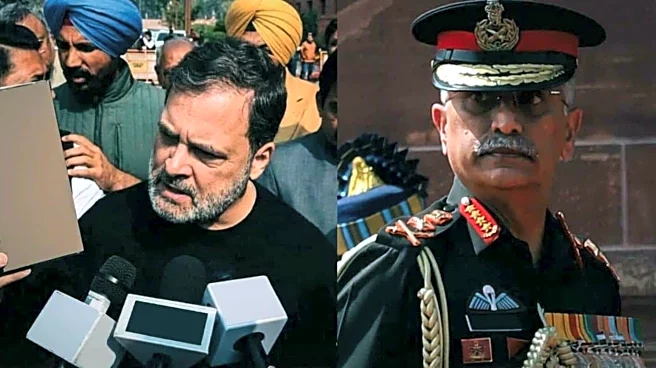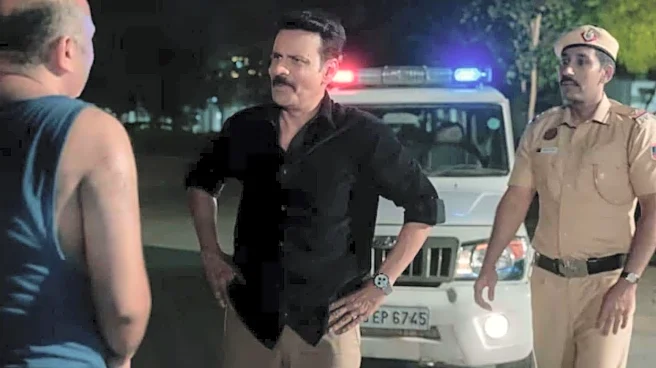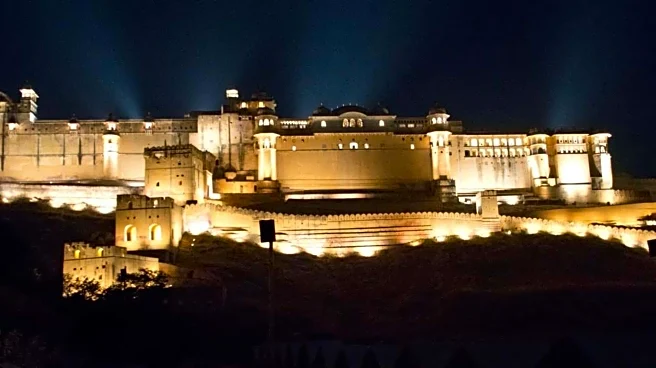Former England cricketer and long-serving match referee Chris Broad has made a startling revelation, claiming that the International Cricket Council (ICC) once instructed him to show leniency towards India in over-rate offences.
Broad, whose two-decade stint as a match referee ended in 2024, shared these details in an interview with The Telegraph, where he also voiced concerns over the growing political influence within cricket's global governing body.
The 68-year-old Broad served as an ICC match referee from 2003 to 2024, officiating in 622 international matches across all formats - the third-highest tally in cricket history. His final assignment came during a Test in Colombo in February 2024. Reflecting on his time in the role, Broad described
the job as one riddled with political pressures, both overt and subtle.
"I was very happy to carry on. But for 20 years, I dodged a lot of bullets, both politically and physically," Broad said. "I look back and I think, 'you know, 20 years is quite a long time to be doing that job'. I'm pleased not to be travelling to certain parts of the world. And I was always someone who believed in right and wrong and in certain parts of the world it's a bit like the River Ganges - right and wrong are so far apart and there's a lot of dirty water in between them that you have to deal with. "
Recalling a specific incident involving former India captain Sourav Ganguly, Broad alleged that he was directly asked to soften his stance on India's slow over-rate. "India were three, four overs down at the end of a game so it constituted a fine. I got a phone call saying, 'be lenient, find some time because it's India'. And it's like, right, OK," Broad revealed. "The very next game, exactly the same thing happened. and I was told 'just do him'. So there were politics involved, right from the start. "
Broad also lamented the shift in the ICC's internal culture following the exit of Vince van der Bijl, the former umpires manager. "Once he left, the management became a lot weaker. India got all the money and have now taken over the ICC. it's a much more political position now than it ever has been," he concluded.



/images/ppid_59c68470-image-177088504763695366.webp)
/images/ppid_a911dc6a-image-177088456643762990.webp)




/images/ppid_a911dc6a-image-177088522728382126.webp)

/images/ppid_59c68470-image-177088509203227042.webp)

/images/ppid_59c68470-image-177088512602071040.webp)
/images/ppid_59c68470-image-177088515585183979.webp)
/images/ppid_59c68470-image-177088504440359883.webp)
/images/ppid_a911dc6a-image-177088508859041936.webp)
/images/ppid_a911dc6a-image-177088504145317785.webp)